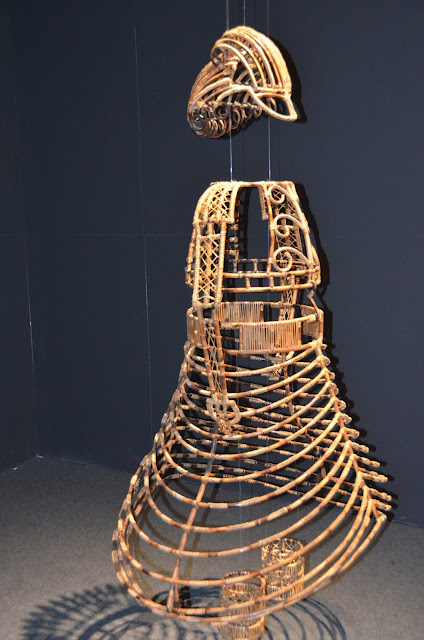The young man comes from simple conditions but moved to the capital for an education, got a job and is raising a family. In addition to his wife and a little child, he has to support his parents back home and contribute to his in-laws.

He also has a vast responsibility in teaching the next Bangladeshi generation so that his students can land to better paid jobs and get a life a bit easier than his is.

He also has a vast responsibility in teaching the next Bangladeshi generation so that his students can land to better paid jobs and get a life a bit easier than his is.
The teacher spends about an hour and a half to work every morning. He walks, takes a bus and a rikshaw. That is, when the traffic is good.
In the evening the same distance can take up to two hours. Sometimes he needs to take an auto rikshaw which is faster but ruins his budget. The cost is about 120 taka (1.4 euro).
After work the teacher has a short break at home before he goes to his private students, to make the economy go round.
The dedicated teacher didn't tell this to complain but politely responded my inquisition.
The search was very little successful.
Now the hunt concentrates on something decent.
The local brands are thin, hard and not user friendly.
First you have to get rid of the glued part. The glue sits so tight that it could easily hold together tectonic plates. A lot of tearing and swearing.
The rest of the paper is rolled so loosely round the case that it all folds down in one, five meter long piece.


What has this to do with the nice teacher?
It shows how small my problems are and how people struggle with real problems. In a very dignified and humble way.
Respect and pray for the teacher.
And I try to keep that in mind while foraging for luxury bathroom tissues in Dhaka.
The pictures in this posting have nothing to with the theme. It's spring - trees are losing their leaves, flowers are blooming and an occational hailstorm whips the city. It's getting warmer.






























